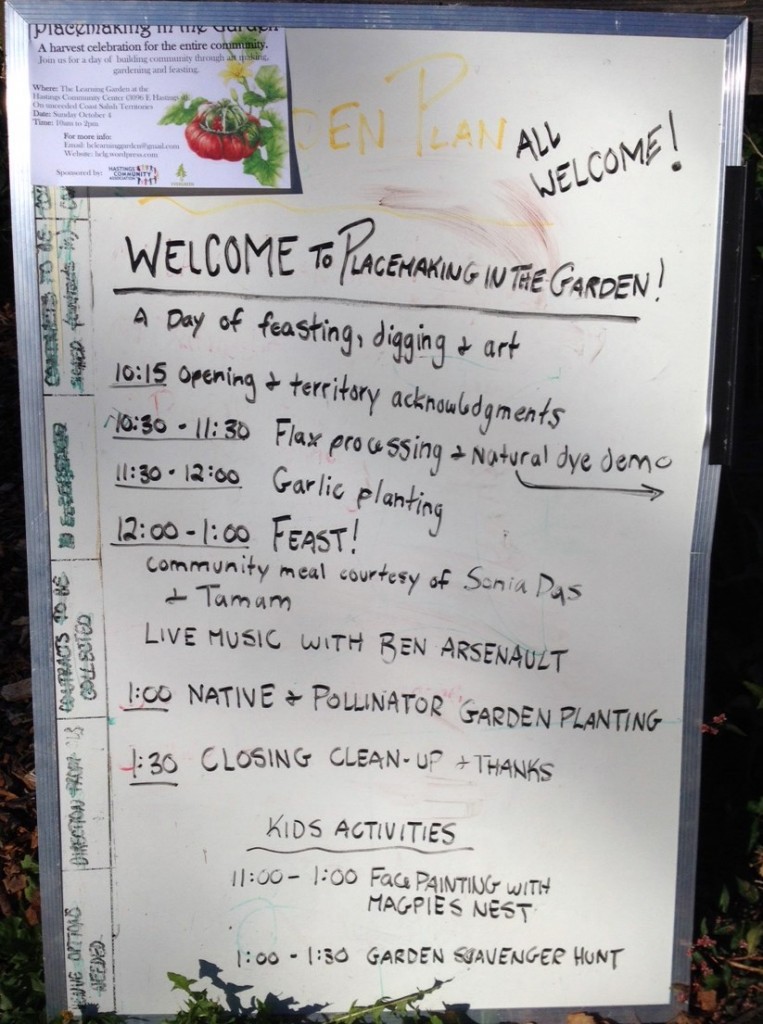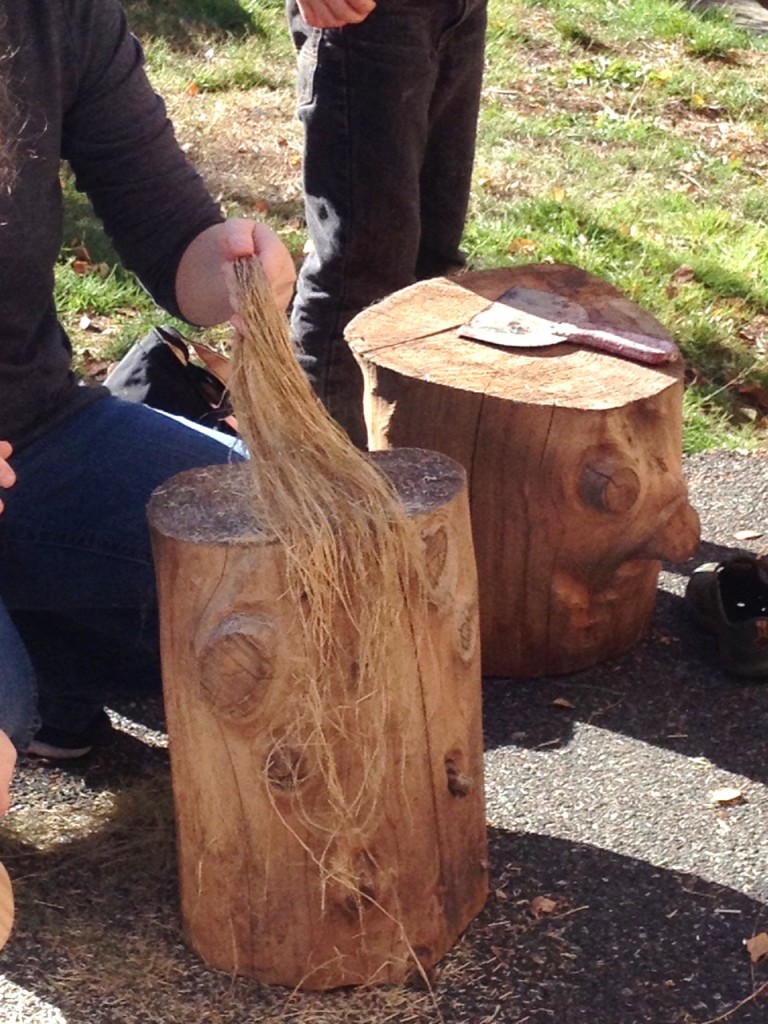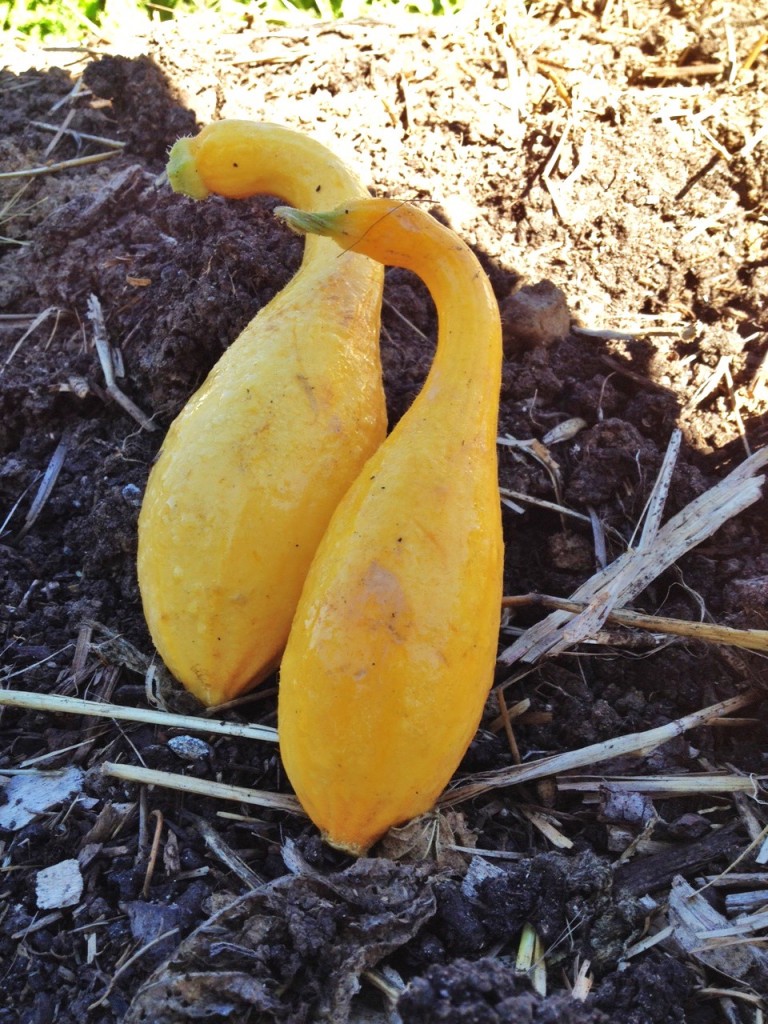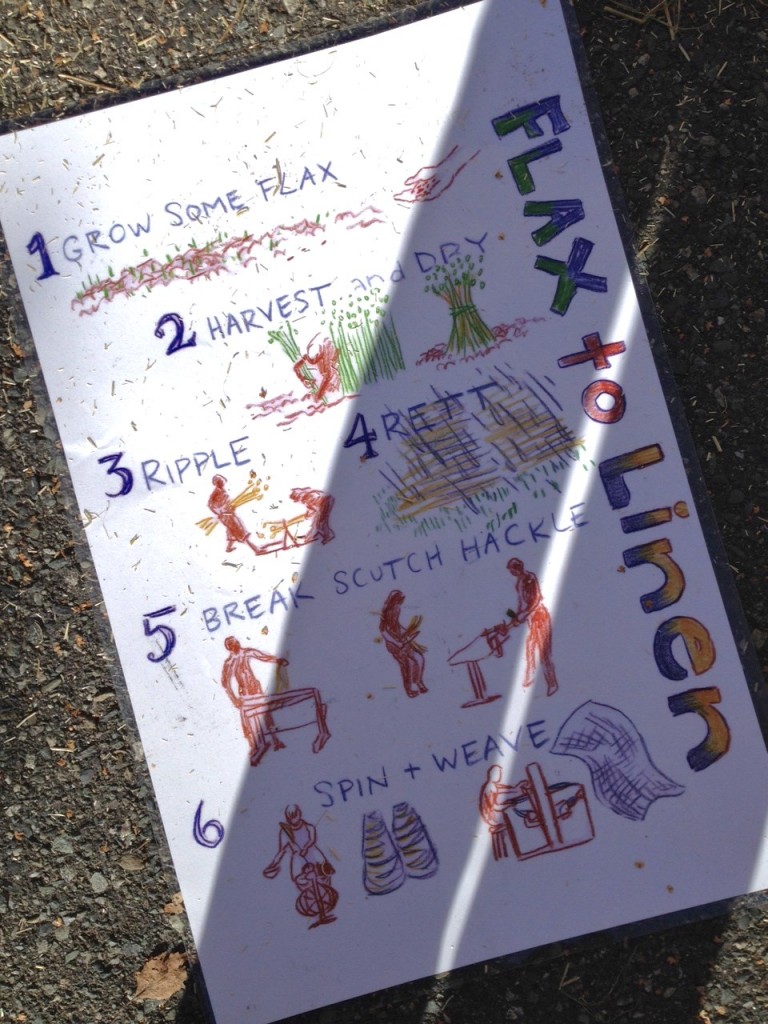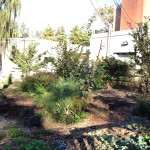We are now halfway through our project! Our objectives and achievements for this week are as follows:
Objectives
Revise/re-draft our interview questions based on the feedback provided from our community partners- Joanne and Kim
Review survey questions developed by LFS 350-Group 5 and choose questions to incorporate into our interview
Re-send interview questions to Kim and Joanne for final confirmation
Achievements
Attended Sustenance Festival
Received survey questions from LFS 350-Group 5
Received response and feedback from Kim
Moment of Significance
What
Another moment of significance for our group was our attendance at the Hastings Sunrise Sustenance Festival – ‘Placemaking in the Garden’ on October 4th. This annual event was held by the Hastings Sunrise Community Food Network and the Learning Garden. Every year, around this time, local residents have the opportunity to come together and participate in garden activities, celebrate harvests, and get to know each other with the ultimate goal of enhancing food literacy and community building capacity. This year, ‘Placemaking in the Garden’ featured a day of art making, harvesting, and feasting (Hastings Community Learning Garden, 2015). Some notable activities included a flax processing and natural dye demo, garlic planting, and native pollinator garden planting. Something that really captured our attention was how all of the activities were done through a natural process using harvests from the Learning Garden. We are reminded of Session 7’s podcast with Dan Barber and his observation of foie gras production by a goose farmer in Spain. In the podcast, Barber concluded that the best production result is achieved through relying on the best resources provided by nature (This American Life, 2011). This means that the idea of natural production is not just a sustainable practice, but also one that results in high-quality products. It pleases us greatly that our community partner has taken this kind of practise to heart.
Overall, the day went off without a hitch, and was met by many surprises, laughs, and engaged learning. That being said, one issue that we noticed was the continued lack of community participation by local residents at the festival. There were very few people who attended the festival, and of those who did – most came from areas outside Hastings Sunrise. In order to promote the concept of community garden learning (within the context of permaculture), it is essential to introduce this program to more people who live around the Hastings Sunrise neighbourhood.
So What
Attending the Sustenance Festival gave us the opportunity to develop a greater understanding for the aim of our project since we got to network with other community partners who were able to provide and share with us their knowledge and concerns with regards to the Learning Garden. As well, it allowed us to see for ourselves the remarkable programs and events that are provided in the Learning Garden as well as the strengths and weaknesses currently at play. We were able to use our observations to gain insight and hypothesize a few reasons for poor community participation.
This brings us to the topic of scope change!
At the beginning of term, while reading the information presented about our project, we understood that the objective was to evaluate the strength and weaknesses of local community gardens through a survey that would assist the Hastings Sunrise Learning Garden. However, we were not clear what specifically this would target or why it might be beneficial to our community partner. Attending the Sustenance Festival cleared this up for us and allowed us to realize that community participation and poor attendance is the prominent issue for our community partner. Knowing this, we have shifted the scope of our project to this particular aspect. Instead of conducting a survey, we are under the agreement that the best way to address this concern is to conduct interviews with local schools and neighbourhood houses (consulting Dr. Valley and receiving his guidance and feedback also helped us reach this decision). The results of our interviewing process will provide valuable information, aiding us in finding solutions to improve attendance numbers at the Learning Garden.
Now what
Moving forth, we are going to take what we learned from our attendance at the Sustenance Festival and integrate those ideas/topics into our interview questions. For example, we will ask our interviewees if they are interested in collaborating with Hastings Community Learning Garden, since the Garden has so many amazing activities. We will try our best to assist the Hastings Community to improve local neighborhood and community involvement. We are confident that if more local residents participate, Hastings Sunrise Community Food Network will be that much more closer to achieving its mission of food security in the community.
Upcoming Objectives and Strategies
- Send out formal invitations to interviewees
- Write a draft invitational email, get feedback from our community partner, and send interview invitation at least one week prior to interviews (to give stakeholders enough time to make their decision and schedule their time appropriately)
- Arrange and schedule interviews
- Make an excel spreadsheet with interview times
- Delegate which group members will be interviewing which stakeholders
- Capture the strengths of each individual group members. Those who have good interpersonal skills may be delegated the interviewing task while those with good writing skills can take on roles as note-takers. This will provide opportunity to all members to voice their interests.
- Provide consent form to all participants
- Print the consent form from Connect, fill in the appropriate information, and distribute them to interviewees
Works Cited
Bell, T., & Phillips, T. (2011, December 2). Poultry Slam 2011: Act 3: Latin Liver. This American Life Podcast. Podcast retrieved from http://www.thisamericanlife.org/radio-archives/episode/452/poultry-slam-2011?act=3#play
Hastings Community Learning Garden. (2015). Placemaking in the garden. Retrieved from https://hclg.wordpress.com/placemaking-in-the-garden/
